“For the creation waits with eager longing
for the revealing of the children of God” (Rm 8: 19)
Each year, through Mother Church, God “gives us this joyful season when we prepare to celebrate the paschal mystery with mind and heart renewed… as we recall the great events that gave us new life in Christ” (Preface of Lent I). We can thus journey from Easter to Easter towards the fulfilment of the salvation we have already received as a result of Christ’s paschal mystery – “for in hope we were saved” (Rom 8:24). This mystery of salvation, already at work in us during our earthly lives, is a dynamic process that also embraces history and all of creation. As Saint Paul says, “the creation waits with eager longing for the revealing of the children of God” (Rom 8:19). In this perspective, I would like to offer a few reflections to accompany our journey of conversion this coming Lent.
1. The redemption of creation
The celebration of the Paschal Triduum of Christ’s passion, death and resurrection, the culmination of the liturgical year, calls us yearly to undertake a journey of preparation, in the knowledge that our being conformed to Christ (cf. Rom 8:29) is a priceless gift of God’s mercy.
When we live as children of God, redeemed, led by the Holy Spirit (cf. Rom 8:14) and capable of acknowledging and obeying God’s law, beginning with the law written on our hearts and in nature, we also benefit creation by cooperating in its redemption. That is why Saint Paul says that creation eagerly longs for the revelation of the children of God; in other words, that all those who enjoy the grace of Jesus’ paschal mystery may experience its fulfilment in the redemption of the human body itself. When the love of Christ transfigures the lives of the saints in spirit, body and soul, they give praise to God. Through prayer, contemplation and art, they also include other creatures in that praise, as we see admirably expressed in the “Canticle of the Creatures” by Saint Francis of Assisi (cf. Laudato Si’, 87). Yet in this world, the harmony generated by redemption is constantly threatened by the negative power of sin and death.
2. The destructive power of sin
Indeed, when we fail to live as children of God, we often behave in a destructive way towards our neighbours and other creatures – and ourselves as well – since we begin to think more or less consciously that we can use them as we will. Intemperance then takes the upper hand: we start to live a life that exceeds those limits imposed by our human condition and nature itself. We yield to those untrammelled desires that the Book of Wisdom sees as typical of the ungodly, those who act without thought for God or hope for the future (cf. 2:1-11). Unless we tend constantly towards Easter, towards the horizon of the Resurrection, the mentality expressed in the slogans “I want it all and I want it now!” and “Too much is never enough”, gains the upper hand.
The root of all evil, as we know, is sin, which from its first appearance has disrupted our communion with God, with others and with creation itself, to which we are linked in a particular way by our body. This rupture of communion with God likewise undermines our harmonious relationship with the environment in which we are called to live, so that the garden has become a wilderness (cf. Gen 3:17-18). Sin leads man to consider himself the god of creation, to see himself as its absolute master and to use it, not for the purpose willed by the Creator but for his own interests, to the detriment of other creatures.
Once God’s law, the law of love, is forsaken, then the law of the strong over the weak takes over. The sin that lurks in the human heart (cf. Mk 7:20-23) takes the shape of greed and unbridled pursuit of comfort, lack of concern for the good of others and even of oneself. It leads to the exploitation of creation, both persons and the environment, due to that insatiable covetousness which sees every desire as a right and sooner or later destroys all those in its grip.



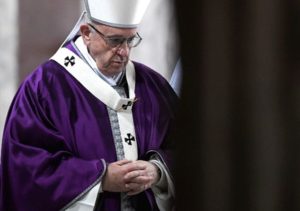

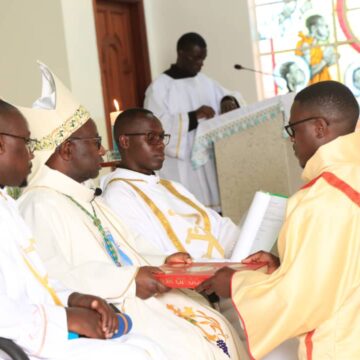

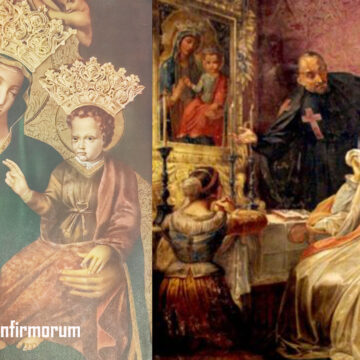

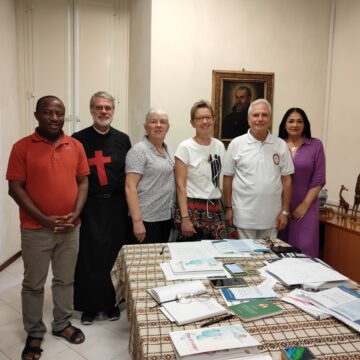

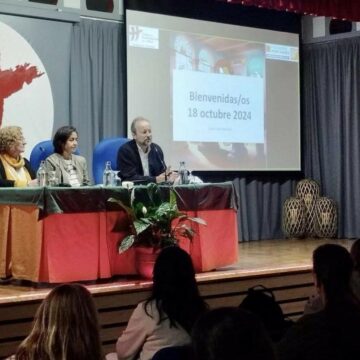

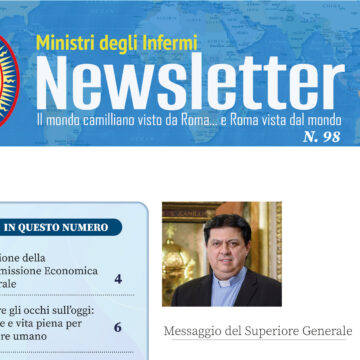
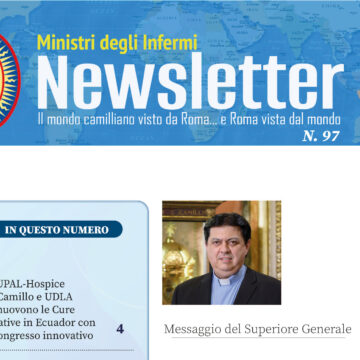
Camillians on Facebook
Camillians on Twitter
Camillians on Instagram